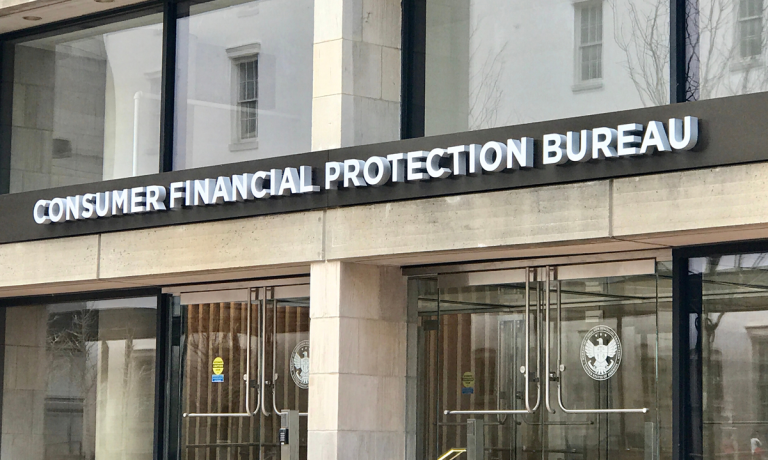
The Consumer Financial Protection Bureau (CFPB) and Federal Reserve raised the dollar thresholds for applicability of Truth in Lending (Regulation Z) and Consumer Leasing (Regulation M) rules.
In 2025, these rules generally will apply to consumer credit transactions and consumer leases of $71,900 or less, the regulators said in a Friday (Oct. 4) press release.
The agencies must adjust these thresholds each year based on the annual percentage increase in the Consumer Price Index for Urban Wage Earners and Clerical Workers (CPI-W), according to the release. The latest adjustments are based on the 3.4% annual percentage increase in the CPI-W as of June 1.
“However, private education loans and loans secured by real property, such as mortgages, are subject to Regulation Z regardless of the amount of the loan,” the release said.
In other news regarding the Truth in Lending Act, the CFPB said in a “frequently asked questions” (FAQ) page pertaining solely to buy now, pay later (BNPL) vendors announced in August that pay-in-four BNPL loans are covered by Regulation Z.
The Truth in Lending Act requires lenders to, among other things, disclose interest rates and other data to borrowers. In many cases, lenders must assess a consumer’s ability to repay a given loan.
There are some exceptions. The language on the site said pay-in-four BNPL loans are covered because they are, effectively, credit cards and charge cards. However, one example showed that not everything may be black and white.
“For example, if a consumer’s digital user account with BNPL Loan Provider A is only used to access a stored credit card from Credit Card Company B, then the digital user account with BNPL Loan Provider A would not constitute a credit card under Regulation Z,” the CFPB wrote.
Other exceptions were mentioned, such as how and when BNPL enterprises provide information to their users. Pay-in-four loans must be subject to periodic statements passed along to borrowers for a debt or credit balance greater than $1, “unless an exception applies,” the CFPB wrote.


























